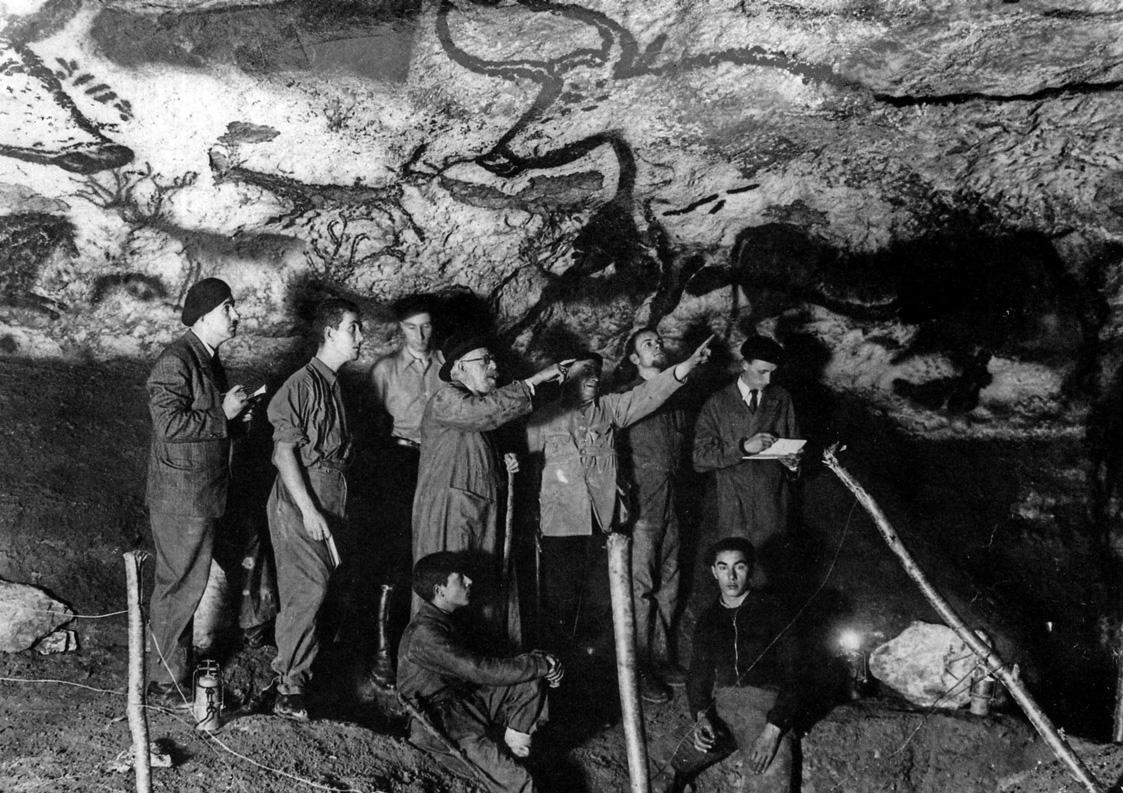
I NO longer believe in an afterlife, at least not one as expressed by the usual images of Heaven and Hell, and most thinking people probably don’t either. However, I do believe that I will live forever as part of the vast molecular system of which I am composed. My ‘soul’, or whatever lives on, will not be preoccupied with the petty issues of politics and family, but with eternity. I find our increasing awareness of the complexity of life on earth and our gradual recognition that understanding everything is still far beyond the capacity of our human brains—which are often described as the most sophisticated organisms ever produced—rather comforting, as it explains for me why we cannot yet come to terms with what happens after death. The idea that we really may be part of something so much bigger and more complex than we can imagine and that all may be revealed when we return to our basic organic material accords well with our growing realisation that we don’t really exist anyway and are merely an accumulation of molecules surrounding a passage, through which nourishment passes. When that relationship ceases through accident, illness or old age, the molecules continue to live, pushing up the daisies or entering the atmosphere and becoming something else. Suddenly, it all seems less worth worrying about; instead, we should enjoy every second of what we have. Let’s face it, we would be hard put to imagine a better world than the one we have, when it is working properly and we are not wrecking it. Sitting on a cloud playing a harp sounds pretty pale compared with living in the Garden of Eden Nature provides us with, if given half a chance.
This story is from the {{IssueName}} edition of {{MagazineName}}.
Start your 7-day Magzter GOLD free trial to access thousands of curated premium stories, and 9,000+ magazines and newspapers.
Already a subscriber ? Sign In
This story is from the {{IssueName}} edition of {{MagazineName}}.
Start your 7-day Magzter GOLD free trial to access thousands of curated premium stories, and 9,000+ magazines and newspapers.
Already a subscriber? Sign In

Tales as old as time
By appointing writers-in-residence to landscape locations, the National Trust is hoping to spark in us a new engagement with our ancient surroundings, finds Richard Smyth

Do the active farmer test
Farming is a profession, not a lifestyle choice’ and, therefore, the Budget is unfair

Night Thoughts by Howard Hodgkin
Charlotte Mullins comments on Moght Thoughts

SOS: save our wild salmon
Jane Wheatley examines the dire situation facing the king of fish

Into the deep
Beneath the crystal-clear, alien world of water lie the great piscean survivors of the Ice Age. The Lake District is a fish-spotter's paradise, reports John Lewis-Stempel

It's alive!
Living, burping and bubbling fermented masses of flour, yeast and water that spawn countless loaves—Emma Hughes charts the rise and rise) of sourdough starters

There's orange gold in them thar fields
A kitchen staple that is easily taken for granted, the carrot is actually an incredibly tricky customer to cultivate that could reduce a grown man to tears, says Sarah Todd

True blues
I HAVE been planting English bluebells. They grow in their millions in the beechwoods that surround us—but not in our own garden. They are, however, a protected species. The law is clear and uncompromising: ‘It is illegal to dig up bluebells or their bulbs from the wild, or to trade or sell wild bluebell bulbs and seeds.’ I have, therefore, had to buy them from a respectable bulb-merchant.

Oh so hip
Stay the hand that itches to deadhead spent roses and you can enjoy their glittering fruits instead, writes John Hoyland

A best kept secret
Oft-forgotten Rutland, England's smallest county, is a 'Notswold' haven deserving of more attention, finds Nicola Venning